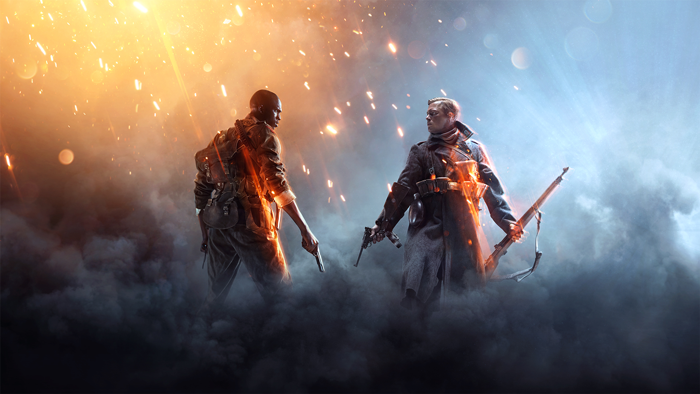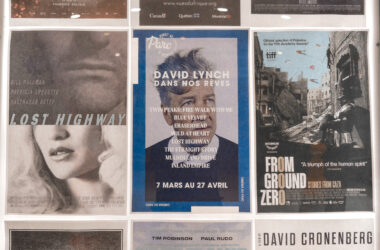There is something oddly familiar about the criticism that was levelled against Battlefield 1, the next installment of Electronic Arts (EA)’s hugely successful military franchise, after the game was revealed in early May 2016. Just as all other once-novel entertainment trends—such as television, rock, and rap music—had to face in their infancies, video games have had to bear the brunt of the predictable, alarmist reaction from those convinced it will destroy the morality and common decency of young people.
The moral panic surrounding video games has largely subsided as of late, thanks in part to the lack of evidence to suggest a link between violent games and criminal behaviour, and the increasing popularity of video games. A recent survey showed that those who have experience with video games are six times less likely to believe that playing video games can be correlated to mass shootings.
The recent criticism of Battlefield 1, while tinted by the game-bashing of years past, has taken on a somewhat new form. After the release of just 60 seconds of footage from a game that will feature dozens of hours of gameplay, some were already intent on denouncing it. These critics honed in on the one aspect that set Battlefield 1 apart from other major titles: It’s a game about the First World War. Critics argued that, while games inspired by historical events are okay in theory, game developers should steer clear of this particular conflict. As one skeptic, Jake Muncy, wrote for Wired, the First World War is not an appropriate setting since it “offers no clear-cut narrative of heroism or villainy, just squabbling dynasties vying for their own interests in a particularly brutal war.”
The underlying assumption here is that video games aren’t a ‘serious’ medium, and are ill-suited to portray ‘serious’ realities like those of the infamous ‘War to End all Wars.’ This mistaken assumption would put video games in a subordinate category, below other art forms like books, music, television, and film—all of which extensively document the First World War.
Video games have come a long way in recent years, and many have earned critical acclaim for their immersive, profound storytelling abilities. 2013’s The Last of Us and 2014’s Grand Theft Auto V both earned top-notch reviews for their immersive narratives. The former is a gripping post-apocalyptic story and the latter “an intelligent and sharp-tongued satire of contemporary America,” wrote critic Dan Stapleton in 2014. Not to mention, big-name Hollywood actors such as Kevin Spacey, Ellen Page, and Game of Thrones star Kit Harington have all appeared in recent games as voice and motion capture actors; a trend that suggests that Hollywood has already acknowledged the gaming industry as a valid medium to tell serious, compelling stories.
Yet perhaps the most obvious sign that games are up to the task of portraying the First World War is Battlefield 1. The campaign trailer, released in late September, is a powerful display of the game’s storytelling potential. In it we see the war through the eyes of a diverse cast of characters: An African-American soldier on the Western Front, a British tank crew, a pair of Allied pilots, a Bedouin woman fighting alongside Lawrence of Arabia. The trauma of the war is shown through their eyes; the dialogue and action presents their various motivations, fears, and experiences.
The result is nuanced, visceral, and poignant: everything critics said Battlefield 1 couldn’t be. It even dispels several myths about a war that people tend to remember as Eurocentric through its diverse cast of characters and portrayal of battles far beyond the Western Front. The trailer is proof that, with the right approach, games can tackle a complex and nuanced topic—like the horrors of the First World War—just as capably as any book or movie.
Battlefield 1 represents a chance to reintroduce a century-old war to a new generation in an original and engaging way; it deserves to be taken seriously. Of course, the ultimate success or failure of the game is still to be seen, as it launches on Oct. 21. Those quick to criticize Battlefield 1 for pushing the boundaries of a still-developing medium should be wary: as with those who attacked other nascent artistic mediums in the past, they run the risk of being proved spectacularly wrong. Those criticisms levelled at rock music, for instance, seem laughable today: a Time article from 1956 unironically warned that the effect of rock on teens bore “passing resemblance to Hitler mass meetings.” Critics of Battlefield 1 may not be as blatantly wrong, but they are mistaken in the same way.









